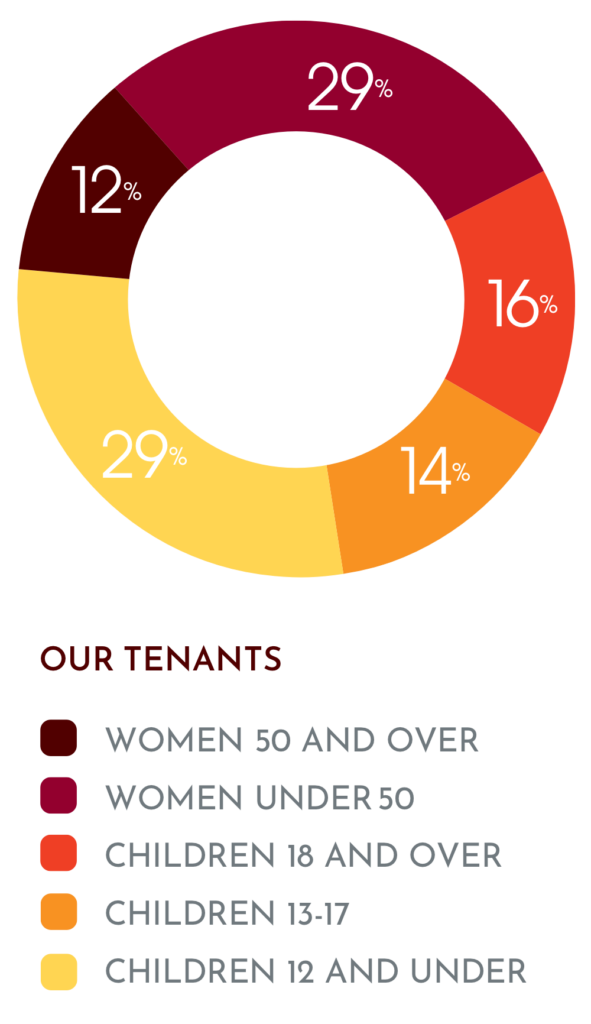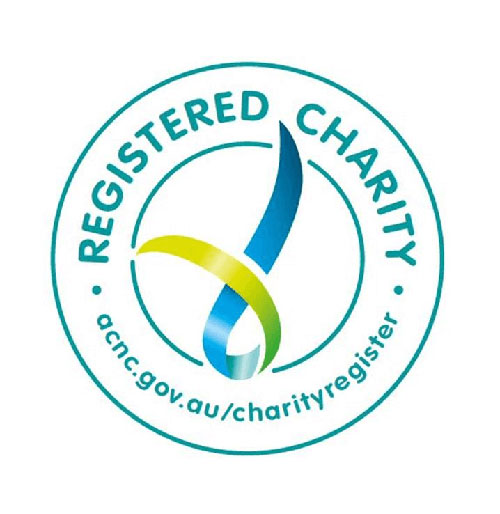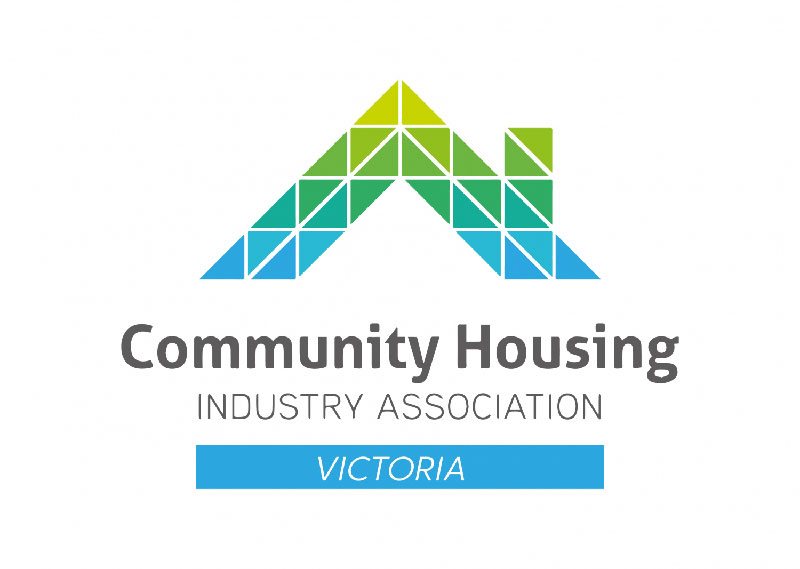Who we help
The women that we help come from a range of backgrounds and vary in age. They all have one thing in common – they have experienced housing crisis – and in many instances have been on the brink of homelessness. Unfortunately, many have also experienced domestic violence.

Our residents
Our residents include women escaping family violence, migrants who are starting new lives, sole parents and older women who cannot afford rents in the private market, women with disabilities and women exiting prison. Many of them may not be in situations that people typically think of as homeless. Some receive income support and some work part or full time, often in low paying jobs. They include the hidden women experiencing homelessness, moving from place to place, couch surfing or living in overcrowded or unsuitable accommodation.
Affordable rents and stable homes allow these women to live with dignity and become involved in their communities. Many return to work or study, while others focus on parenting their children after a period of trauma and instability. Our research shows that our tenants have improved emotional and physical health, employment, personal safety, independence, and positive lifestyle choices. They have increased ability to meet family needs, social inclusion and readiness for employment. Children living in our homes show improvements in their social and personal well-being, relationships and educational outcomes.



